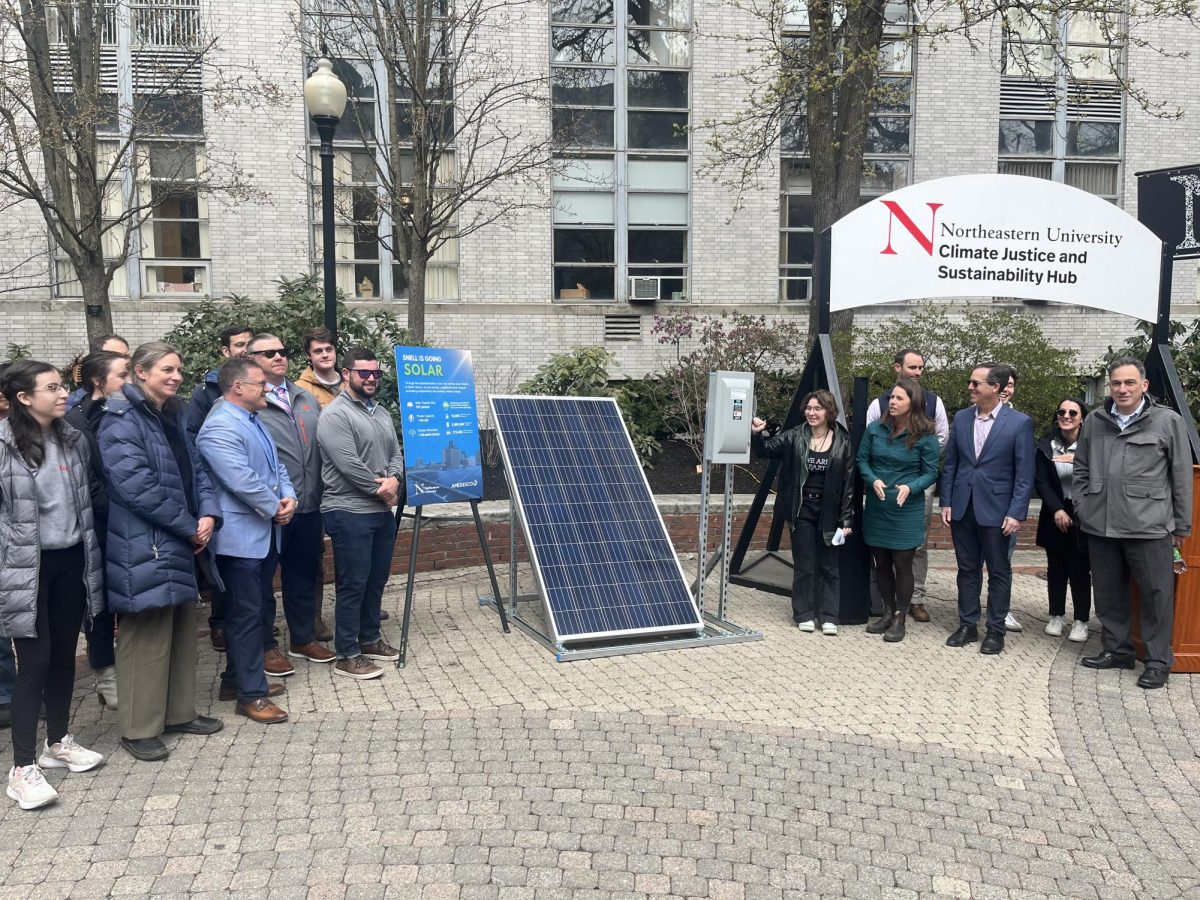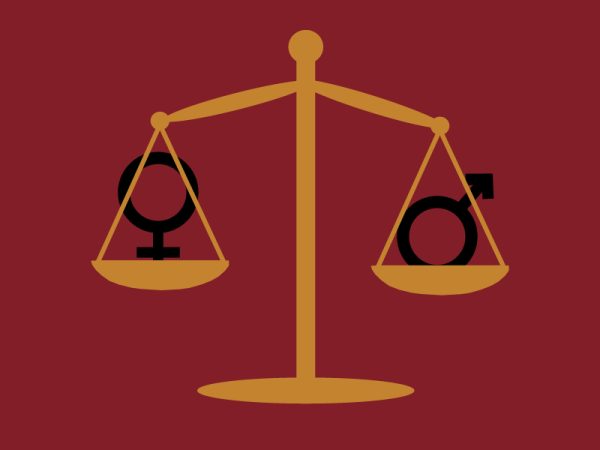Editorial: Success doesn’t come from major
January 18, 2018
When you were 4 years old, you might have wanted to be an astronaut when you grew up. Or maybe you wanted to join the ranks of the fairy princesses of the world. Perhaps you had your sights set on growing up to be your favorite animal. There’s a job market for Komodo Dragons, right?
While fantastical, these answers were perfectly acceptable. No one would follow up with immediate concern, asking what the prospective job market would look like 10 years from now or how you planned on making money with such a skill set. A child’s dream job is simply that — a dream.
Suddenly, at 18, the questions asked and the standards for the answers change. The problem with this conversation is the incongruence between what we were encouraged to do as children, which was to follow our dreams and passions, and the judgements that society places on young adults as they pursue a higher education.
It is not an issue that adults expect the next generation to have an organized plan for their life, but it has reached the level where it is part of our culture to judge groups of people based on their college major. Even more concerning is the influence that our salary-obsessed society has on where money is allocated within schools and universities.
While it is difficult to define or track the social stigmas placed on certain college majors, it is easy to see the stereotypes in action. If you are not studying the sciences, you’ve likely had at least one person tell you that it will be hard to find a job or that you won’t make any money. Even if you are studying math or science, you might have experienced the opposite side of the same coin, having to listen to people joke about the stereotypes of poor social or writing skills.
This phenomenon has worked itself into social media, as well. A current trend on Twitter is to mimic a conversation between a STEM major and a liberal arts major, the point usually being that STEM majors think themselves to be of superior intelligence and work ethic. Even within the Northeastern’s Facebook meme group, a simple search of the phrase STEM yields a large amount of posts carrying similar points.
The jokes may be funny, but what they represent is not. There is an increasing pressure put on students to go into STEM, and a subsequent disregard for majors in the humanities. The sciences are where schools often funnel their funds: Northeastern itself recently spent $225 million on the new Interdisciplinary Science and Engineering Complex. In some places, government officials are recommending that more money be given to public institutions that churn out more science and technology experts. The divide in funding sends an implicit message to students that science programs and students are more valued than those in the arts. Many children are also pressured by well-intended parents to go into STEM over the humanities because they think it will give them better earning potential.
There is nothing wrong with pursuing a degree in science or engineering. In fact, STEM majors make about $15,500 more than non-STEM majors, according to Business Insider, and STEM job growth over the last decade has been about five times larger than non-STEM job growth, according to the United States Economics and Statistics Administration. Not to mention, in an increasingly digital age, incoming workers who understand computer science are fundamental to any organization.
However, the positives of STEM should not translate into direct negatives for the humanities. Those who major in the humanities are taught to write and think clearly and concisely, a talent sought after by employers across every field. The employment statistics for humanities majors aren’t as bleak as the stigma makes them out to be, either. The unemployment rate for humanities majors is only 9 percent, which is actually about the same as the 9.1 percent unemployment rate for computer science and math majors.
While many of the facts supporting the usefulness of a degree in science, math or engineering are founded, they are exaggerated in comparison to the downplayed positives of earning a degree in the humanities. So, why do we tell our youths that the only useful degree is one in a STEM field? Why do our schools so often prioritize funding for sciences over funding for humanities?
If someone is passionate about computer engineering, that should be respected. If someone is passionate about French literature, that should be equally respected. We need to accept the student going to university to become an elementary school teacher at the same level we accept a pre-med neuroscience student.
By encouraging each other’s passions, we can actually build a more innovative and successful workforce of the future. A student who is passionate about the field they are studying is more likely to make meaningful contributions to that field.
This concept is explained well by psychiatrist Victor Frankl, an Austrian Jew who survived four concentration camps during World War II. He discovered that the people who best survived in the camps were those who felt some passionate need to survive or had unfinished business to continue living for. Frankl claimed that someone who “knows the ‘why’ of their existence will be able to bear any ‘how.’”
The same idea can be applied to what path students choose to pursue in their careers. A student who has some deep-seeded passion for what they are studying will be able to overcome any obstructions they face. We, as a community, need to understand the value of passion for what a person is studying, and encourage it.


















